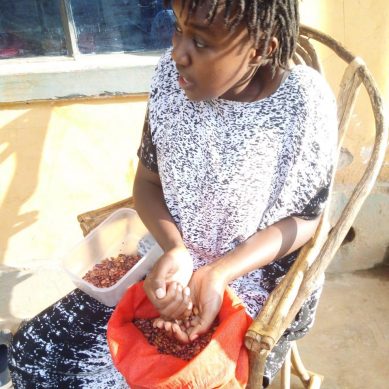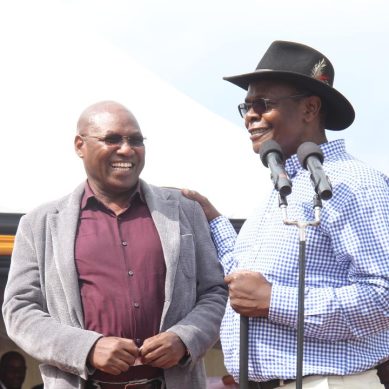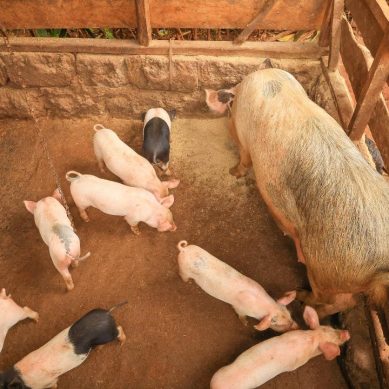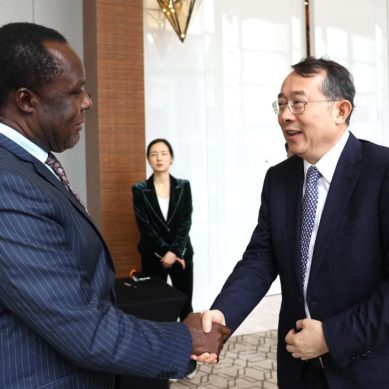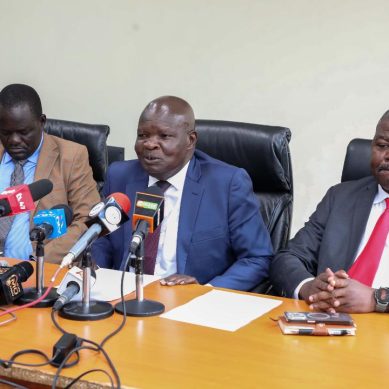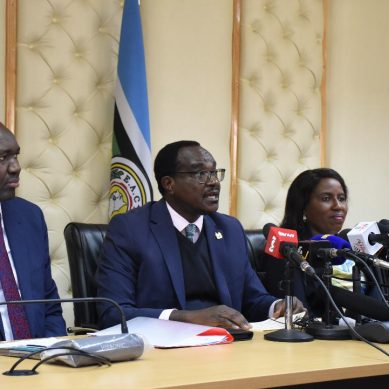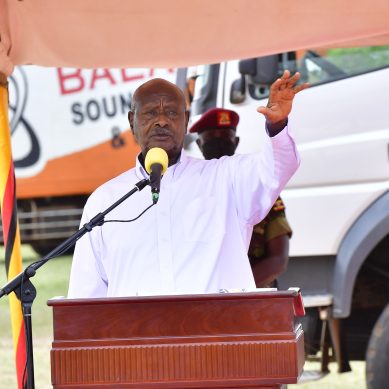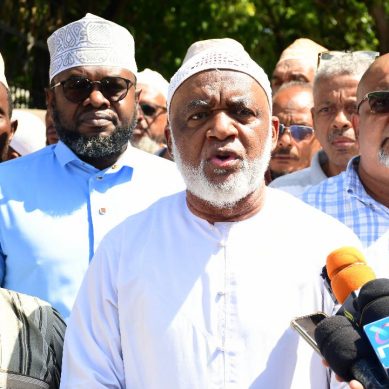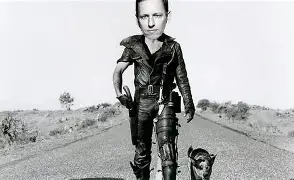New confidential report by UN experts accuses Rwanda of commanding and controlling M23 rebels
Rwanda has long denied helping M23 and says its forces are acting in self-defence against Congo’s army and ethnic Hutu militiamen linked to the 1994 Rwandan genocide, including the Democratic Forces for the Liberation of Rwanda (FDLR).
Kenyan police deployed to Haitian helpless as capital, Port-au-Prince, paralysed and isolated by gang violence
Although some are motivated by the urgent need to protect their communities, many operate outside existing legal frameworks, in some cases, engaging in extrajudicial actions and colluding with gangs.
Western Kenya’s profile as the country’s mythical El Dorado rose higher as Busia braces for commercial gold mining
On June 31, Principal Secretary in State Department of Mining Harry Kimtai announced that Kenya is ready to kick off commercial gold mining in Alupe, Busia County, to expand revenue streams of the national and county governments.
Pig farming transforms livestock industry in Kiambu as youth venture into pork business
Pig farming in Kiambu County is experiencing a remarkable transformation, fostering local economy and renewed hope to thousands of farmers in the county. Once seen as a small-scale, low-income venture, pig farming is now emerging as a key driver of agricultural development and youth employment in the area. At the...
China’s Shenzhen investment group targets 400 million consumers in COMESA bloc as it sets base in Kenya
Kenya is emerging manufacturing zones ranging from Export Processing Zones (EPZs) in Athi River to Special Economic Zones (SEZs) in Dongo Kundu, Eldoret and Naivasha, are set to benefit from such collaborations, especially as the country seeks to raise its manufacturing contribution to GDP from 7.6 per cent to 20 per cent by 2030.
Ethnic mobilisation in Kenya peaking two years to elections, fears of violence rise
The MPs led by the Nyando legislator called for an immediate end to what they described as ‘a deliberate smear campaign’ targeting Luo professionals in both political and civil service.
Kenyan universities admit 310,502 freshmen and women to various degree programmes
Out of 244,563 eligible candidates for university placement, Ogamba announced that 201,695 (83 per cent) applied for various programmes as he pointed out that a total of 310,502 students comprising the 2024 cohort and those from previous years have now been placed in universities, TVET, KMTC and teacher training colleges.
Museveni’s science of self-preservation: How fear is driving Uganda president to stifle humanities in university curriculum
The so-called scientists (those in the natural sciences and related disciplines and fields of knowledge and practice) do not traditionally challenge governments but pay more attention to their work in the laboratories and the field, presumably discovering, creating and innovating.
Right of inherence: Kenya Muslim clerics aggrieved by Supreme Court recognition of children born out of wedlock
The Supreme Court dismissed an appeal seeking to exclude children born out of wedlock from inheriting under Muslim law holding that such exclusion was discriminatory and contrary to Articles 27 and 53 of the Constitution.
There’s no such thing as a free lunch: Listening billionaires’ stories it’s obvious they are sick of human species, whom they see as inferior beings around them
In order to roll back the labour victories of the postwar era (which had become harder to justify in the wake of falling profits), American elites both empowered finance capital (leading to a series of bubbles) and embraced deindustrialization, with many industries shifting to the Global South (notably China).
